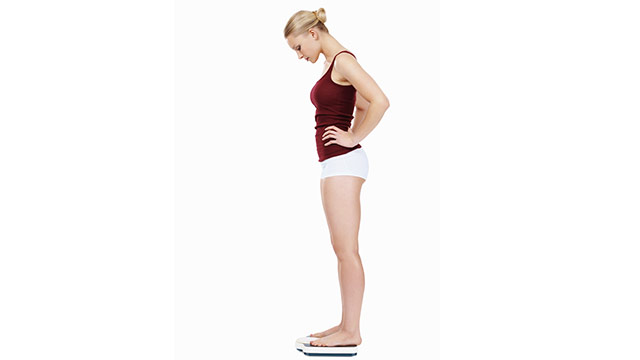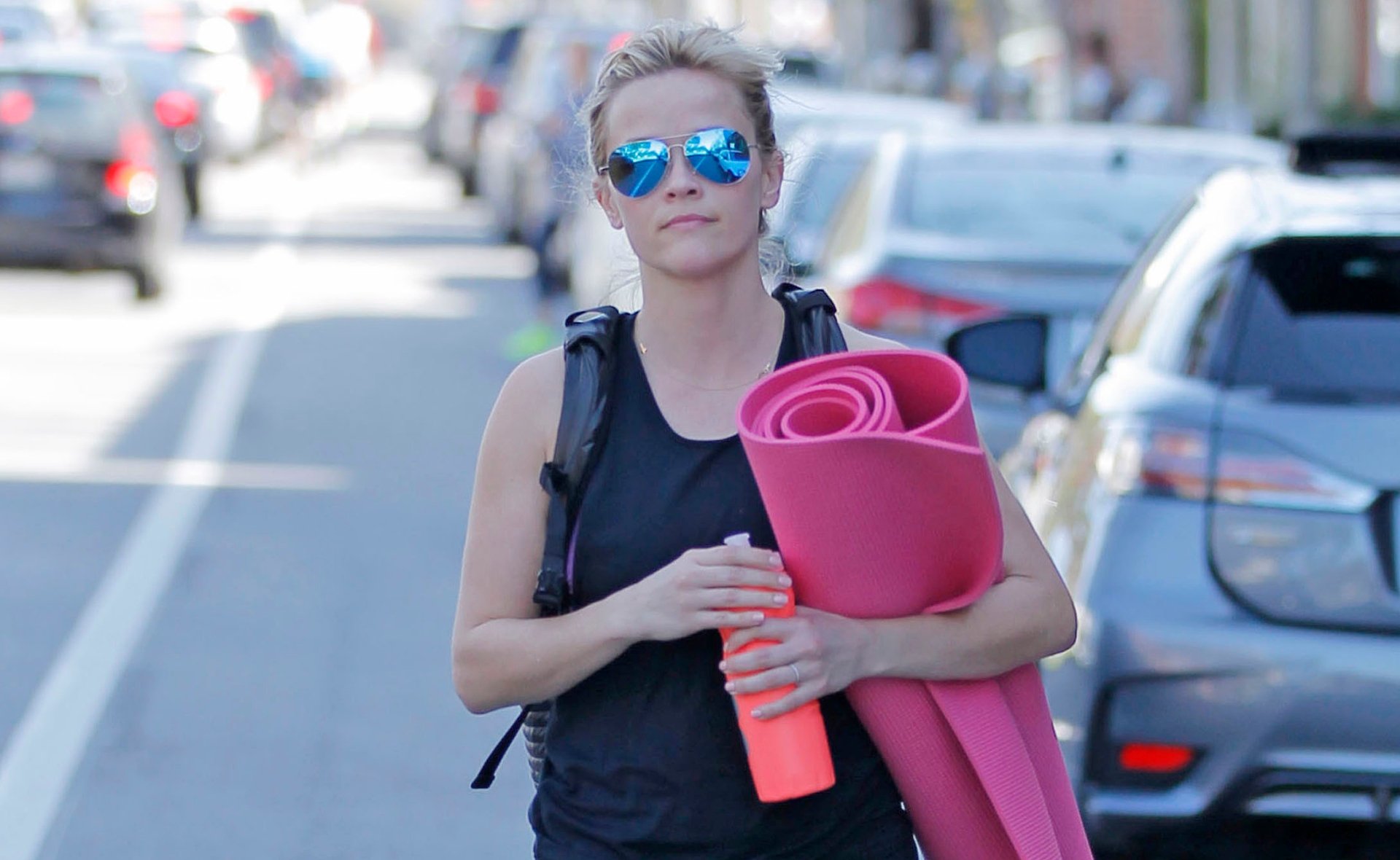It’s easy to be tempted by quick-fix fad diets but some supposedly detoxifying weight-loss regimes can actually do more harm than good.
A survey of more than 200 accredited dietitians carried out by the Dietitians Association of Australia (DAA) has revealed the three worst diets to avoid in 2014.
So, give these three a miss:
The Lemon Detox Diet
This took out the top spot as the worst diet for the third year in a row, with 68 per cent of experts surveyed voting against it.
Lemon Detox consists of performing a “Master Cleanse” and involves consuming nothing but a concoction made from squeezing lemon juice and mixing it with maple syrup, bottled water and cayenne pepper.
“What you lose on these detox diets, like the Lemon Detox Diet, is usually fluid, healthy gut bacteria, electrolytes – all the things to keep your body healthy – rather than fat,” says DAA spokesperson and accredited practising dietitian Melanie McGrice.
“You don’t need to go on a severe detox because your body has an inbuilt detox system – the lungs, liver, and kidneys, working every minute of the day.”
SkinnyMe Tea
This one involves doing a “teatox” based around drinking a tea made up of weight-loss ingredients.
But experts warn that it, like the Lemon Detox, could actually harm the liver rather than detoxifying it.
“Don’t think that there is a magic bullet that will fix the damage you are doing to your liver through excess,” said Melbourne GP, Dr Sally Cockburn (aka Dr Feelgood).
“Protecting your liver through sensible alcohol consumption, good nutrition and exercise enable the liver to continue to remove the alcohol, fats and toxins from the blood, while storing vitamins and producing essential proteins necessary for good health.”
A recent survey by Hepatitis Australia found that only 16 per cent of Australians consider diet as a factor in maintaining a healthy liver.
“People need to change their attitude to food and work on their relationship with their liver,” says Dr Cockburn.
Ashy Bines Bikini Body Challenge
This diet’s components are not in accordance with the Australian Dietary Guidelines and require users to take supplements.
“The problem with fad diets is that they’re all about restrictive eating patterns that you can’t stick to over the long haul and which may even undermine your health,” says Melanie McGrice.
With obesity rates at an all-time high – up to 79 per cent in some areas of Australia – it’s important to address the weight struggles but overcome them with healthy, realistic solutions not quick-fix ploys.
“If you want to ‘detox’, nourish your body by cutting down on fatty, highly-processed foods, alcohol and caffeine, and eat a balanced diet – making sure you get plenty of fruit, vegetables, whole grains and water,” says Melanie.
Melanie says to ensure you seek your GP’s professional opinion on any weight-loss program you try.
And she offers three tips for healthy eating at home:
- Plan: Plan your menu for the week, make a shopping list and stick to it. Encourage the family to get involved and remember that it’s harder to eat junk food if it’s not in the house. Extra tip – don’t shop on an empty stomach.
- Swap: Choose low-fat, salt-reduced, high-fibre versions of the foods you love. For example, swap full-fat yoghurt for a reduced-fat variety. Buy salt-reduced sauces, stocks, soups and tinned tomatoes. Choose wholegrain varieties of breads and breakfast cereals.
- Simplify: Healthy cooking doesn’t mean gourmet. Focus on fresh, seasonal produce and the quarter, quarter, half rule. One quarter of a plate of low GI carbohydrates, another quarter of lean protein and half a plate of vegetables in a rainbow of colours.




